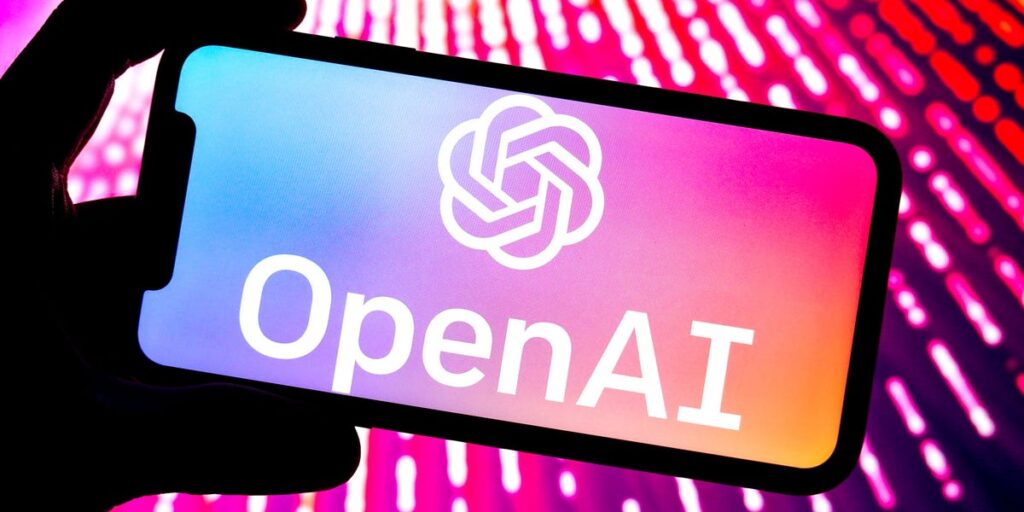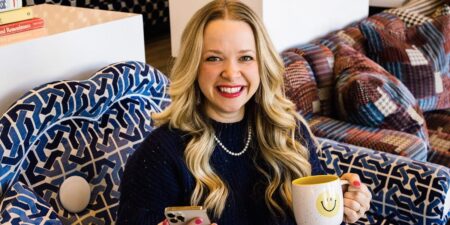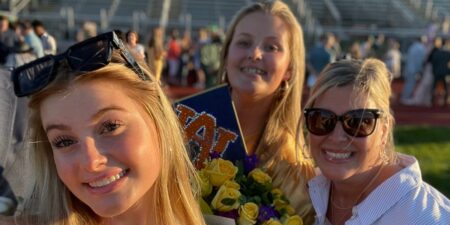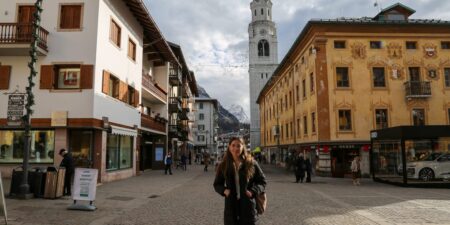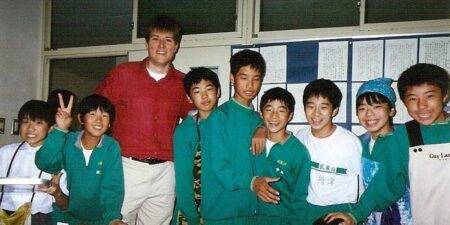- Karina Nguyen left engineering for research after watching Claude get better at coding in a previous role at Anthropic.
- In a recent podcast interview, she said soft skills will remain important even as work changes.
- Nguyen, now at OpenAI, said creativity and emotional intelligence remain some of the hardest things to teach AI.
In a world where certain jobs could one day be rendered obsolete by AI, OpenAI researcher Karina Nguyen said she expects soft skills to endure as highly prized.
She also expects that to be the case in the realm of AI research.
“I just think people in AI field are like — I wish they were a little bit more creative and connecting the dots across different fields,” Nguyen said on a recent episode of “Lenny’s Podcast.”
Nguyen, who previously worked at Anthropic, said that above all else, she expects AI to automate “redundant tasks for people.” She added that the models she works with can struggle to grasp skills that often come so naturally to human beings.
“I think it’s the dream of any AI research is to automate AI research,” Nguyen said. “It’s kind of scary, I’d say, which makes me think that people management will stay, you know? It’s one of the hardest things to — emotional intelligence, with the models, creativity in itself is one of the hardest things.”
At OpenAI, Nguyen said her role is heavy on “management and mentorship,” despite originally being passionate about engineering. She said the shift came about during her tenure at Anthropic — after observing Claude’s rapidly advancing capabilities, Nguyen came to a realization about her career.
“When I first came to Anthropic, I was like, ‘Oh no, I really love front-end engineering,'” Nguyen said. “And then the reason why I switched to research is because I realized, at that time, it’s like, ‘Oh my god, Claude is getting better at front-end. Claude is getting better at coding.'”
Nguyen and OpenAI did not immediately respond to a request for comment by Business Insider prior to publication.
“It was kind of this meta realization where it’s like, ‘Oh my god, the world is actually changing,'” she added.
Nguyen said that models are only improving, becoming increasingly cost-efficient as “small models” prove themselves “smarter than large models.” As the costs associated with artificial intelligence drop, Nguyen expects the technology to proliferate even further, unlocking work that she considers to have been previously “bottlenecked by intelligence.”
“I’m thinking about healthcare, right?” Nguyen said. “Instead of going to a doctor, I can ask ChatGPT or give ChatGPT a list of symptoms and ask me, ‘Would I have a cold, flu, something else?'”
Nguyen said she’s been spending “a lot” of time thinking about what her future might look like in a working landscape altered by AI. She said that if the models she’s helped build eventually automate her current job, she may spend her time writing “short stories, sci-fi stories, novels,” or working as a museum conservator.
“I feel like I have a lot of job options,” Nguyen said. “I would love to be a writer, I think. I think that would be super cool.”
Read the full article here







